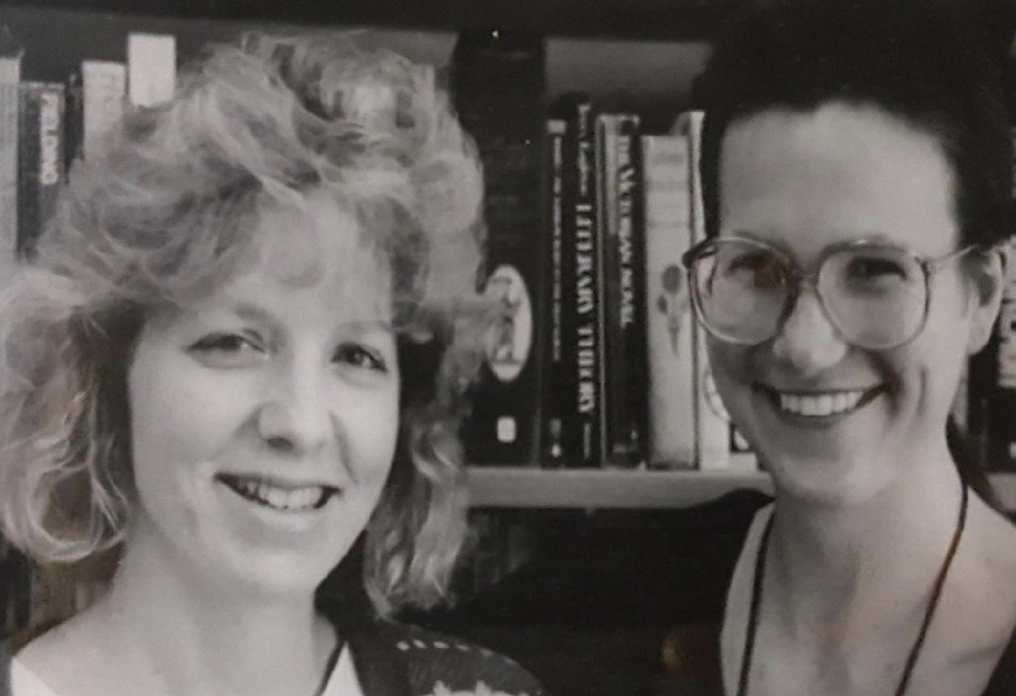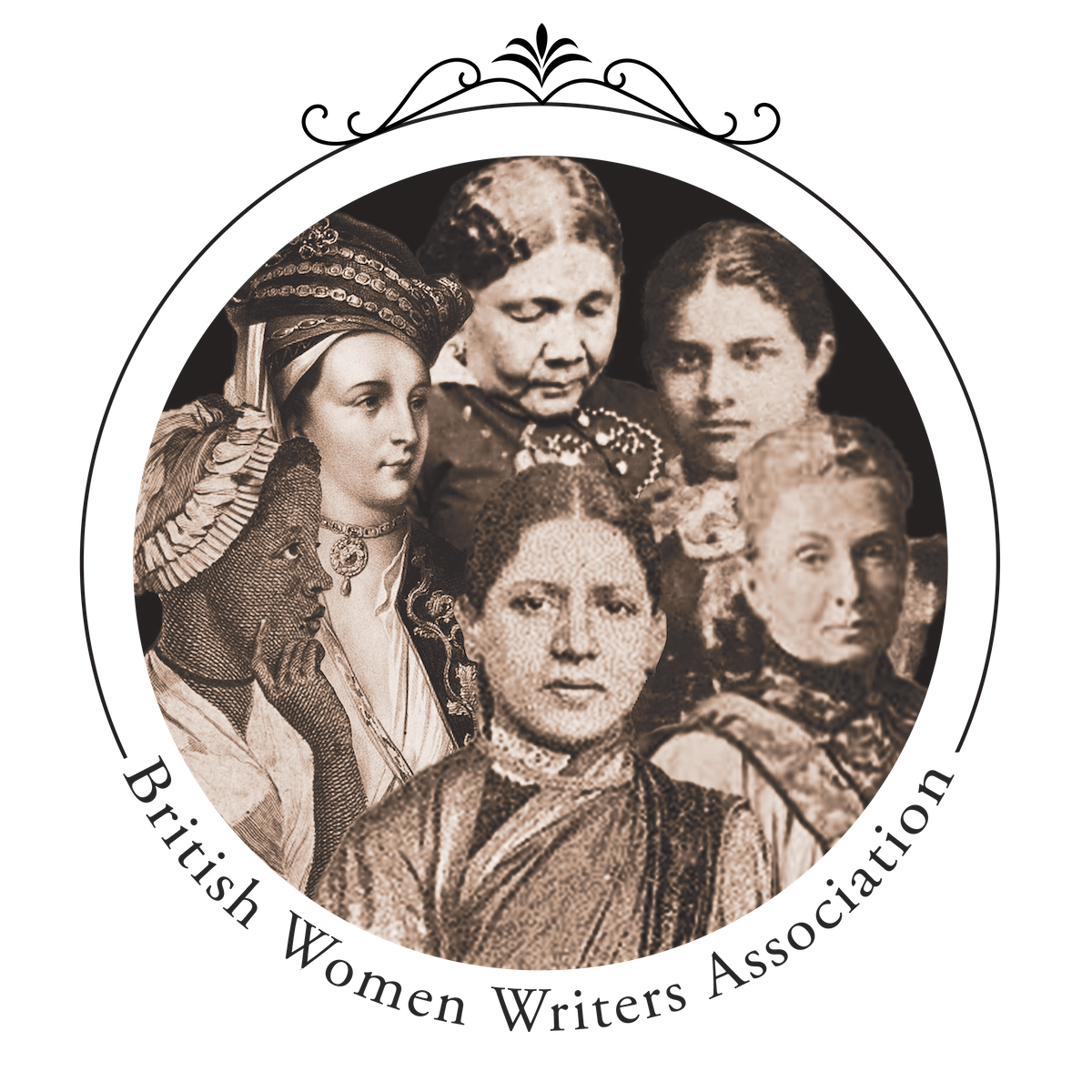Home
The British Women Writers Association (BWWA) and its annual conference (the BWWC) seek to bring more women/womxn from the margins to the center of literary history by promoting scholarship on and the teaching of long 18th- and 19th-century British women writers in diverse global and cultural contexts.
The University of Colorado, Boulder is thrilled to host the 2024 conference which will be taking place May 28th-30th, 2024. Please see the Conference page for registration information, program updates, and travel logistics!

days
hours minutes seconds
until
BWWC 2024
A History of the BWWC, by Co-Founders Pamela Corpron Parker and Cindy LaCom
The Conference on Eighteenth- and Nineteenth-Century British Women Writers originated in 1991 when a group of graduate students from the Universities of Oregon and Washington noted and were troubled by the lack of presentations on women writers during a regional British Studies conference. In between sessions, we discussed the possibility of organizing a conference focused solely on women’s writing—particularly those writers who have been historically overlooked, ignored, or excluded from the canon. By encouraging important archival work on lesser-known women writers and by inviting divergent critical approaches to a broad variety of texts, we hoped to expand the range of critical approaches for both scholars and students, researchers and teachers. Our desire to revise the conventional canon was matched by our desire to reconstruct the conventional conference format. We sought to break down traditional hierarchies by allowing more space for graduate student voices, an initiative that is closely connected to the critical and pedagogical work of creating space for historical women to speak.

In focusing on British women’s literature and culture, we neither imply the existence of an essentially female literary tradition nor an exclusively white literary past. Instead, we hope that the focus on Britain will provide a specific cultural context in which we can investigate a dense and complicated intersection of colonial and national subjects as well as gender and racial issues. The eighteenth and nineteenth centuries offer a distinctive period in British women’s history, starting with the rise of organized feminism, developing into the feminization of literary culture, and leading into the various movements of modern, twentieth-century feminism. In exploring the agency of women in literary history, we hope to encourage the creation of richer, more complex cultural tradition, incorporating a wide range of interdisciplinary interests. Likewise, the conjunction of the eighteenth and nineteenth centuries encourages a re-examination of the existing constructs of traditional literary historiography, especially in the ways that women’s literary history tends to break down canonical divisions between eighteenth- and nineteenth-century culture, such as the “Augustan” and “Romantic,” and the “Romantic” and “Victorian” periods. (Excerpted from the introduction to Nineteenth-Century Contexts, vol. 19 [1996].)

You must be logged in to post a comment.